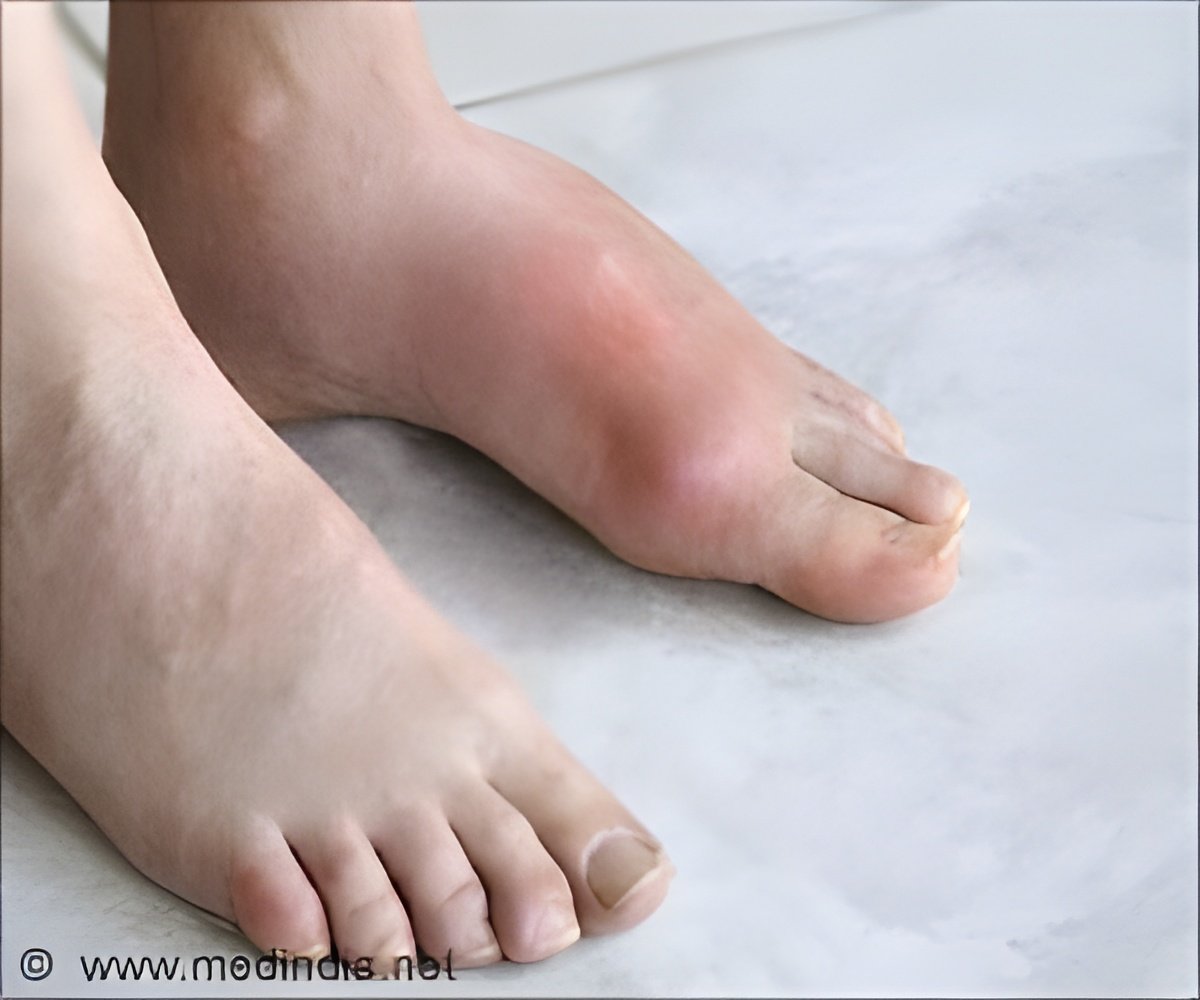Unexpected massive, persistent fluid accumulation and fewer lymphatic capillaries lead to formulation of new hypothesis and clues to new pathways for treatment.

The newest research for lead investigator Diane R. Bielenberg, PhD, began with a twist. Bielenberg, an Assistant Professor in the Department of Surgery, Harvard Medical School and Vascular Biology Program, Boston Children's Hospital (Boston), described how previous studies that inhibited vascular endothelial growth factor receptors (VEGFRs, the co-receptors of Nrp2) have shown reduced blood vessel permeability following inflammation. "Therefore, we expected to see less permeability after inflammation in neuropilin 2 (Nrp2) knockout mice," Bielenberg explained.
To her team's surprise, the Nrp2 knockout mice showed massively increased and prolonged edema following inflammation. Investigation into this finding led Bielenberg's laboratory to formulate a novel hypothesis - that endogenous Semaphorin 3F (Sema3F) protein acting through Nrp2 inhibits vascular permeability and edema. Additional experiments and data support this new hypothesis.
The investigators measured ear swelling in mice after topically introducing an inflammation-causing substance. Fluid retention was 2.5-fold higher in the Nrp2-deficient mice than controls. The swelling in control mice began to recede within two days of inflammation and returned to near-normal levels by four days. In contrast, the swelling in the Nrp2-deficient mice remained significantly elevated over control levels for more than 10 days.
The researchers also found that in Nrp2-mutant mice the lack of a superficial lymphatic capillary plexus causes impaired drainage of fluid. Co-investigators Patrick Mucka, MS, and Nicholas Levonyak, MS, of the Vascular Biology Program at Boston Children's Hospital, explain that the prolonged lymphedema seen in Nrp2 knockout mice may be caused by architectural defects resulting from improper lymphatic vessel sprouting during development.
Interestingly, the enhanced leakage in the Nrp2-deficient mice was associated with the loss of endogenous Sema3F activity. Sema3F competes with VEGFA for binding to Nrp2 and is therefore termed an inhibitory ligand of Nrp2. This competitive inhibition, in turn, prevents vascular permeability. Addition of exogenous Sema3F protein therefore inhibits edema.
Advertisement
Source-Eurekalert









